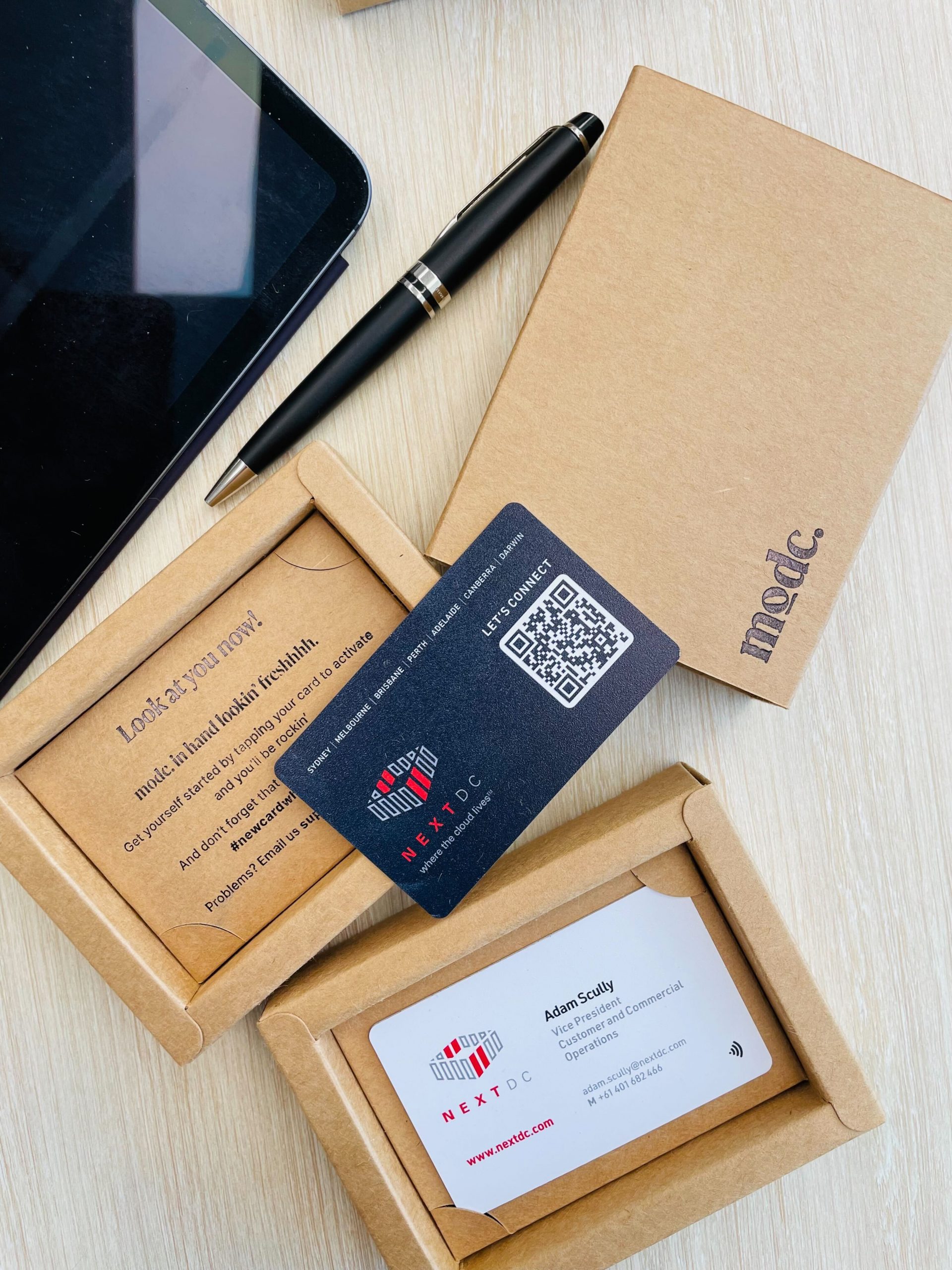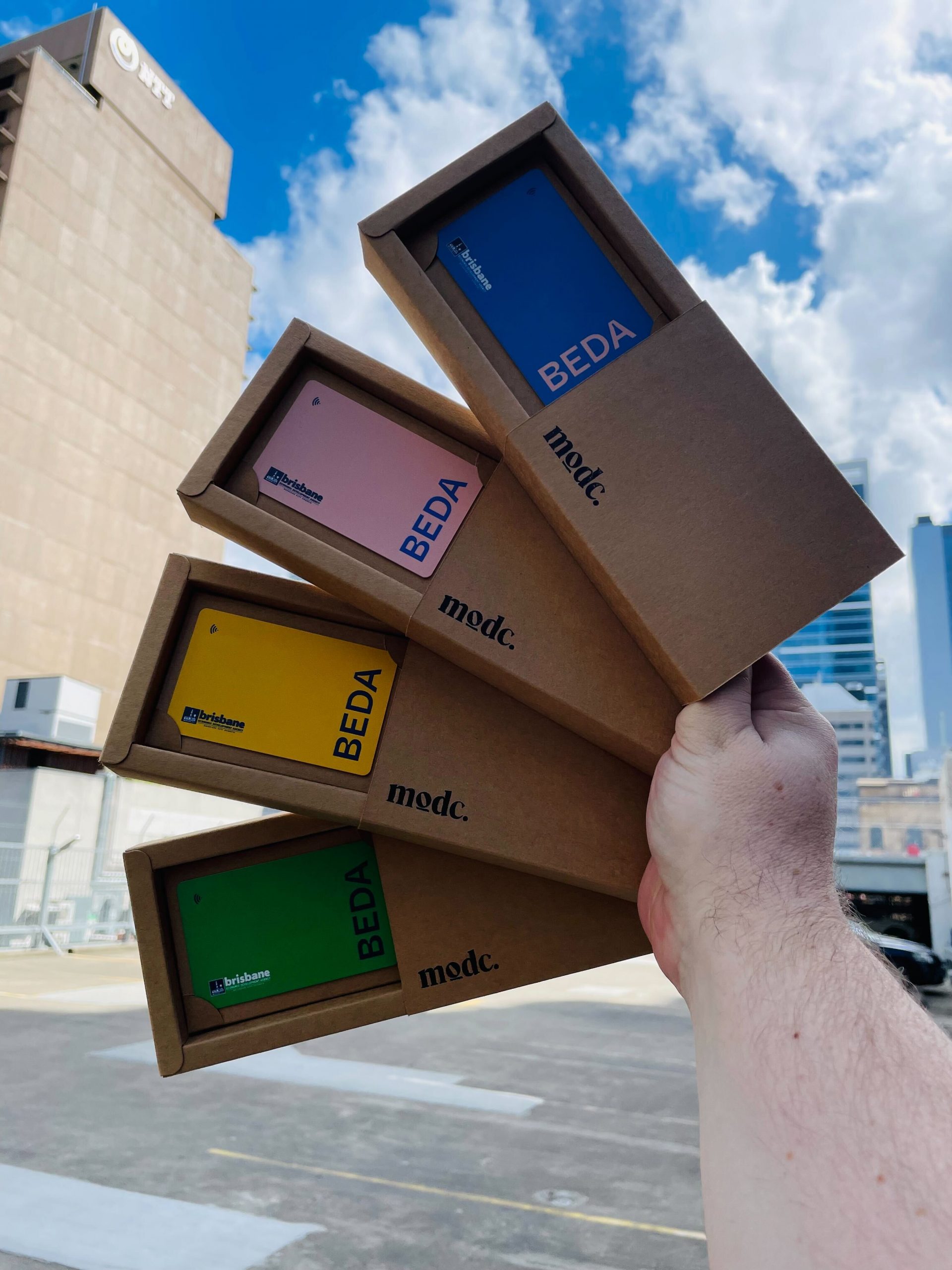In today’s technologically advanced world, NFC technology has emerged as a game-changing innovation. This technology enables easy communication between devices, facilitating tasks such as contactless payments, access control, loyalty programs, and file sharing. Let’s delve into the transformative capabilities of NFC and its impact on modern applications.
NFC (Near Field Communication) technology allows devices to exchange data over a short distance, providing a seamless connection between compatible devices. Many smartphones now come with NFC capabilities, opening up a range of possibilities for its usage. Some of the applications of NFC technology include:
Contactless payments: Various businesses utilise NFC-enabled payment systems, allowing customers to conveniently make payments using their smartphones.
- Access control: NFC-enabled access cards are employed by businesses and organizations to grant access to buildings or restricted areas.
- Loyalty programs: NFC is used by retailers and other businesses to offer loyalty programs that reward customers for their repeat business.
- File sharing: NFC facilitates easy transfer of files between two smartphones, including photos, music, and documents.
Numerous large companies across different industries have embraced NFC technology for their operations:
- Apple: NFC is utilised in Apple iPhones for Apple Pay, enabling users to make contactless payments. Apple Wallet also utilises NFC for storing event tickets, boarding passes, and more.
- Coca-Cola: NFC technology is integrated into Coca-Cola vending machines, allowing customers to make payments using their smartphones.
- Adidas: NFC technology is incorporated into Adidas running shoes, enabling workout tracking and personalized coaching.
- Transport for Brisbane: NFC is employed in Go cards and contactless bank cards for ticketing on Brisbane’s public transportation system.
The number of NFC-enabled devices in use worldwide surpassed 2 billion in 2020, and this number is expected to exceed 4 billion by 2024 according to Statista. The global NFC market is projected to grow to over $34 billion by 2025, indicating a significant increase in the number of NFC users. The potential for NFC technology is immense, with the possibility of replacing credit cards in various transactions.
NFC technology opens up new avenues for innovative products that enhance networking and lead generation. By utilising NFC chips programmed with cutting-edge software, companies like MODC have created digital business cards, table talkers, phone cases, phone cards, and keyrings. These products allow users to seamlessly showcase and access contact information, social links, e-menus, files, and bookings. The NFC chip in the product facilitates instant sharing of information or website access when tapped by an NFC-enabled smartphone.
In conclusion, NFC technology has become a powerful tool for data exchange in close proximity, finding applications across industries to provide convenient and efficient services. As the NFC market continues to grow rapidly, we can expect this technology to play an increasingly significant role in how we interact with each other and with businesses.




0 Comments